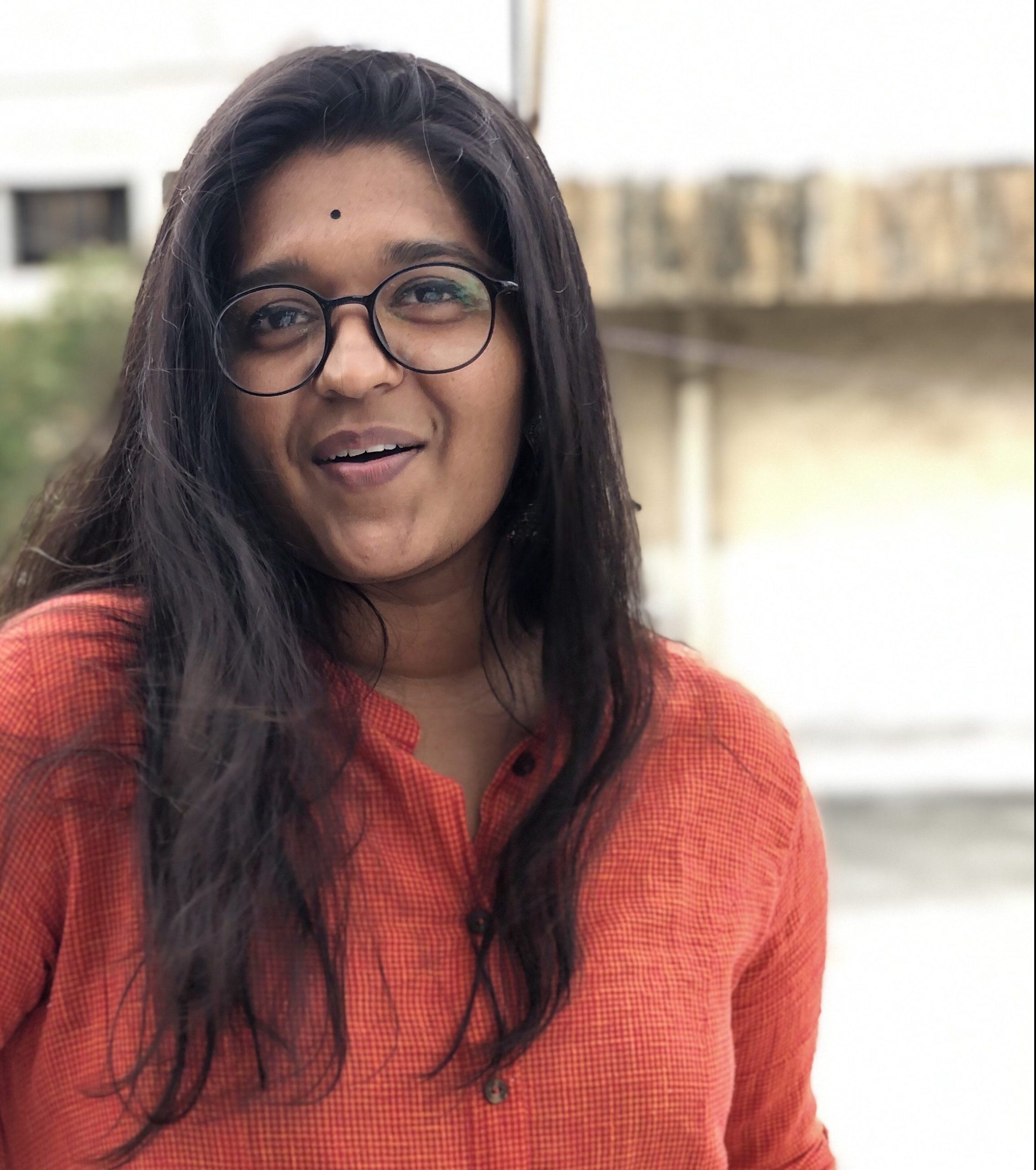Stigma has always enveloped mental health as a phenomenon. Most often when asked, “What comes to your mind when I say mental health”, many respond with answers like insane, crazy, depression, anxiety and synonymous words. These responses are reflective of stigma around mental health.
To understand what mental health means to the youth, we asked this question directly to them and they told us that it means emotional stability, integral, imperative, functionality, resilience, balance, peace, comfort with thoughts, holistic, essential and a need for all. These responses are self explanatory to indicate the shifting trajectory in the perception of mental health.
Bringing into common parlay
On one hand where we know that the youth (those between the age of 15-27 years) are most affected by mental health concerns, on the other, increasingly more youth are becoming vocal about addressing their mental health problems. The twenty-first century has heard louder, bolder voices talking about protecting the mental health of one and all. The youth of today have been instrumental in leading, contributing and initiating growth in the society, thus also actively changing the face of mental health globally.
The active approach of the youth in talking about mental health and addressing their problems has helped unshackle the stigma around mental health conversations, making it a must-spoken topic.
Don’t romanticise mental illness
It is this approach that has echoed the notion of ‘it is okay to not be okay’ within community spaces. As experienced in the lived world around, the millennials and youth have stepped up to share their stories of struggle and journeys through mental health concerns on public platforms in forms of poetry, narration, personal blogs, novellas and shared experience. However, what often comes as a surfacing challenge with increased awareness is the romanticisation of mental illnesses.
As the youngsters equip themselves with mental health dialogues, present is the risk of a slippery slope of using mental health diagnoses callously. Often, depression, anxiety, phobia, OCD, PTSD, bipolar, mania become words of the diurnal exchange, less sensitive to the actual mental health conditions. This calls for further sensitisation to demarcate the difference between what emotions, thoughts and behaviours are normative, versus those that classify for a mental health disorder.
Open to dialogues
Appreciative is their tone to stand up for not only their own mental health but also to that of their peers, friends, families and colleagues. The youngsters of today are more willing than ever to approach mental health professionals and proudly advocate for the same. The beneficial experience seeking professional mental health help of one youth has a ripple effect on many. The youth have also taken an active role in advocating to demystify facts about mental health and promote practices that promote emotions and mental well being. This has allowed for mental health to be addressed not just the individual level but also in familial, societal and vocational spaces.
Though this is just the beginning, it is an impressionable step towards mental health advocacy and fracturing the stigma around it. The amplifying voices of the youth herald a hopeful tomorrow for mental health being spoken about with yet greater ease and in further wider populations.



